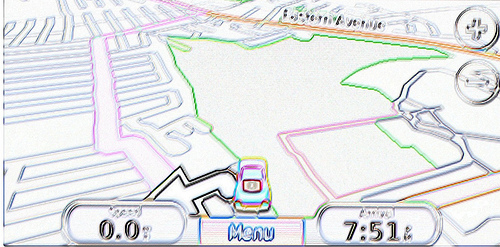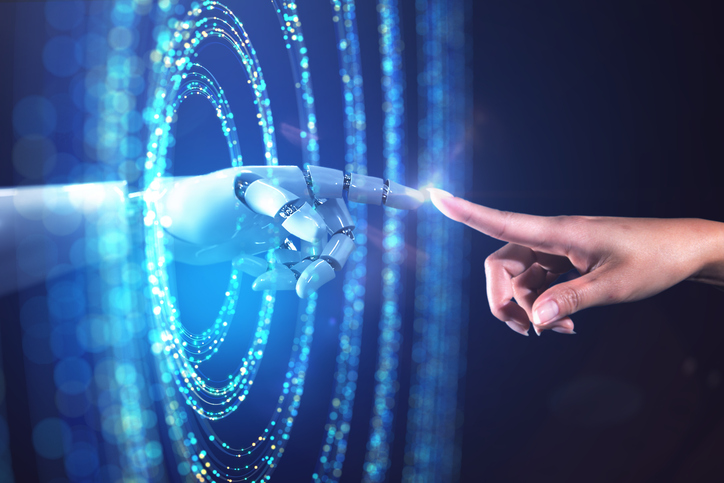Do we rely on technology too much?

“Turn left.”
“Huh?��
“Turn right.”
“But I thought you said – “
“Turn left, then turn right.”
“Now look here….”
It is ok, dear Reader: I have not quite overworked myself to the point where I have started conversing with my satnav! However, I have had a couple of -- let’s call them ‘interactions’ – recently which has started me thinking about the wisdom of relying on this technology or, by implication, any other.
Tools and ideas to transform education. Sign up below.
Satellite navigation systems are wonderful, but they can lull you into a false sense of security. An example of why this is a pitfall of which to be wary occurred recently. I was running a training day for teachers away from home, which entailed staying in a hotel overnight. My client booked the hotel on my behalf, so all I had to do was turn up.

Being somewhat paranoid about getting to venues early enough to set up, relax, and breathe the air, I took not only my satnav but also a print-out from Google Earth. According to the latter, I was a one minute drive away from the venue.
So, I thought I would walk to the venue after breakfast, just to see where it was and to check if there were any roadworks I ought to be aware of, that sort of thing. Imagine my surprise when, following the Google directions to the letter, I ended up around the back of the hotel I was staying in!
I went up to my room, and double-checked the postcode. Yes, that was correct. So I took out the satnav and put the details in. It, too, thought I was just around the corner.
It turns out that the location was over 2 miles away. Fortunately, I’d arisen so early that it posed no problem at all. I can’t help wondering, however, whether the company in which the training was being held – a very large multinational pharmaceuticals company – had somehow convinced someone high up (literally!) to instruct the satellite GPS system to give out incorrect information in case of some kind of attack! Perhaps this is a silly notion but, in the words of Fats Waller, one never knows, do one?
The second incident occurred the following day. Travelling home from the training day, I thought I’d stop for a coffee and to freshen up. I instructed the satnav to find the nearest restaurant that sold American-style food, and was delighted when it told me there was one just over 3 miles away. Except that it wasn’t. There was not only no sign of it, there was not even any indication that it had ever existed. And as my wife shrewdly observed: had I not had the satnav in the first place, I wouldn’t have dreamed of looking for a restaurant off the beaten track: I’d have driven straight home, and arrived an hour earlier than, in the end, I did.
I think it is interesting to think of (new) behaviour and conversations that take place because of the existence of technology. When, on syllabuses, mention is made of the effects of technology on society, the requirement is always about discussing macro issues, such as the environment or unemployment. At least equally interesting, to me at any rate, is the effect of technology on everyday conversations and interactions, the micro level of modern living.
Related article by Zemanta:
- Satnav seeks integrated solution (guardian.co.uk)
